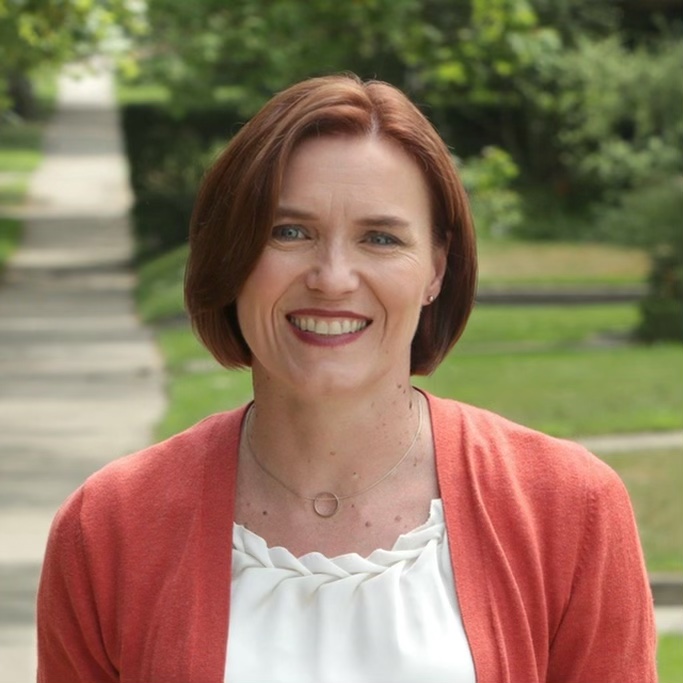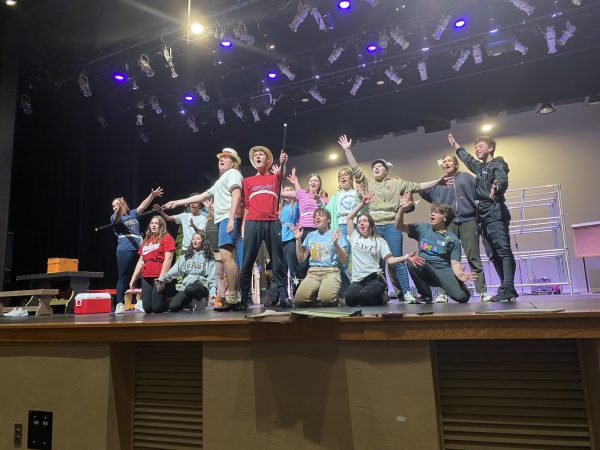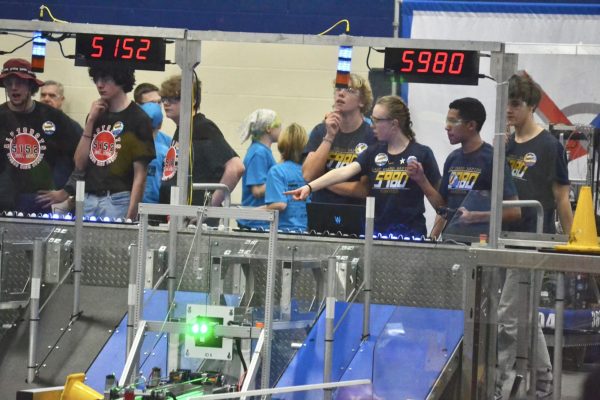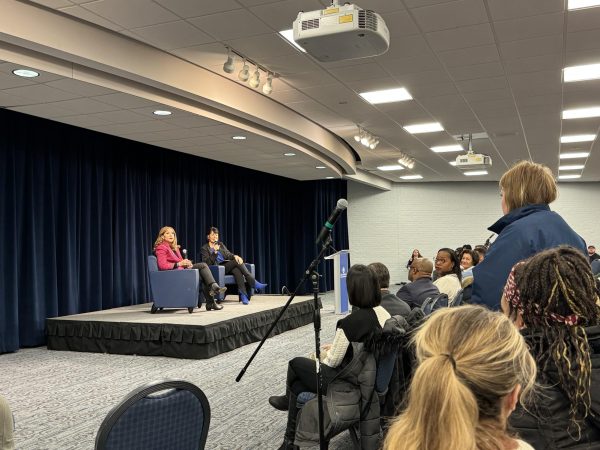Virtual coffee talk with State Senator Winnie Brinks
February 10, 2021
Recently, I sat down for a *virtual* coffee talk with our current State Senator, Winnie Brinks. Previously, she served District 76 in the Michigan House of Representatives from 2013-2018. In 2018, she was elected as the state senator for District 29 and is currently a member of the Energy and Technology, Health Policy and Human Services, and Environmental Quality committees. On Jan. 22, I got the chance to discuss with Senator Brinks matters of recent conflict, civic engagement, and pressing issues for Michiganders.
Due to recent events like those at our state capitol and the January 6th attacks on the National Capitol, we have seen calls to pursue justice and retribution as well as those to move forward and “lower the temperature”. What do you think is the optimal method of pursuing unity and progress while holding those responsible accountable?
I personally do not believe that those things are incompatible, we should be able to do both. The fact of the matter is that it is a relatively, in most legislative bodies, it is not always true, it has been a relative minority of folks who are so extreme that they would encourage sedition and revolt like we saw in Washington D.C. and we saw the beginnings of here in Michigan 8-9 months ago and ongoing throughout the summer. So I do think that it is appropriate for us to listen to every single one of our constituents and to keep in mind what they are telling us. There will be some that are intensely dissatisfied with government, we know that, any kind of government. At this point it doesn’t seem to matter whether you’re a Democrat or a Republican, whether you’re Mike Pence or Barack Obama, they don’t like any of this. There is a clear divide among those who would promote violence, those who would promote literally abandoning the democratic system that we have. Or those who would promote opinions that are based not on any proof of wrongdoing. And I think that those people, we should find a way for those folks, if they are elected officials, to hold them accountable and to help their constituents by ensuring the truth is spoken and we call it out when they assert things that are not true or are not supported by all our other institutions that are doing good work like the courts. So, I do think that there’s a way to do that. To come together, I do think that a majority of Americans will come together behind a functioning democracy and that they don’t support what was happening in D.C. or the unrest here in Michigan. So that’s what we can unify around: the belief in the common principles of functioning democracy and to those who would subvert that in any way accountability in order.
For many young voters, their first time at the polls will be amongst political turmoil and extensive polarization. Many will be intimidated to begin their civic engagement because of the current political climate. If you were to give any advice to these young voters what would it be?
Their participation is the thing that will make democracy successful. So, I would encourage them to try to overcome their hesitancy or the sense of being overwhelmed by too much information and try to dig in and get to know who is on their ballot or what is on their ballot. If there are issues or questions about how to spend resources or bond issues, those kinds of things on their local ballots. This is an off-year for state races. This is a good time to really get familiar with local issues and local candidates usually running for things like school boards or city commissions. And obviously no Congress, no US Senate, no presidential election this year so this would be a great opportunity to get to focus on the local. If people want to, as far as the statewide that will be on the ballot in 2022, like all of the state senators, like myself, we are already starting to look forward to those kinds of races that will be on the ballot in 2022 so some folks will be providing opportunities for involvement and if people would like to do that, that is another great way to understand politics and the issues each level of government deals with. I would encourage people to do a little research and get to know what’s on the ballot and learn the pros and cons, learn the positions of candidates that are there, and just don’t be intimidated. You know as much as every other citizen that has done the same work as you. Talk to people you trust if there’s somebody that you really respect and trust, talk to them about their views.
What do you see as the most pressing issue for Michiganders and in an ideal world, what legislation would you pass to address it?
There are a lot of pressing issues in Michigan. In a normal year, my answer would probably look a little different than this year. But, I think that this year to deal with the issues of being able to have confidence in your government and in the systems and that they’re working for you. Which leads me to an agenda of accountability and transparency measures. But also our ability to really focus on addressing this pandemic that we’re in. If we can’t take care of that in a productive way, we will have such long-term consequences that will be far worse than the ones we already have. The economic and health and loss of life impact that this virus has already has been incredibly difficult. If we don’t continue to be vigilant about that and prioritize that, it’s just going to compound and be that much worse. So I think those two things have to be first and foremost, the top of our list, after that then of course and during. These aren’t like clean little sections of time where you only deal with these two topics then move on to the next one. So we, at the same time, have to start thinking about all the implications for things like education. We know that the learning loss has been huge, that’s going to have an impact on this entire generation of kids. It is going to have an impact on whether or not they are ready to enter college or the workforce or go on to trade school at the time that we normally do in the way we set up our lives here in the US. So all of these things will have impacts that will last a decade or longer, so those have to be on our priority list. So first, take care of the urgent, then move on to the incredibly important and then move on to the long term and try to rebuild.







